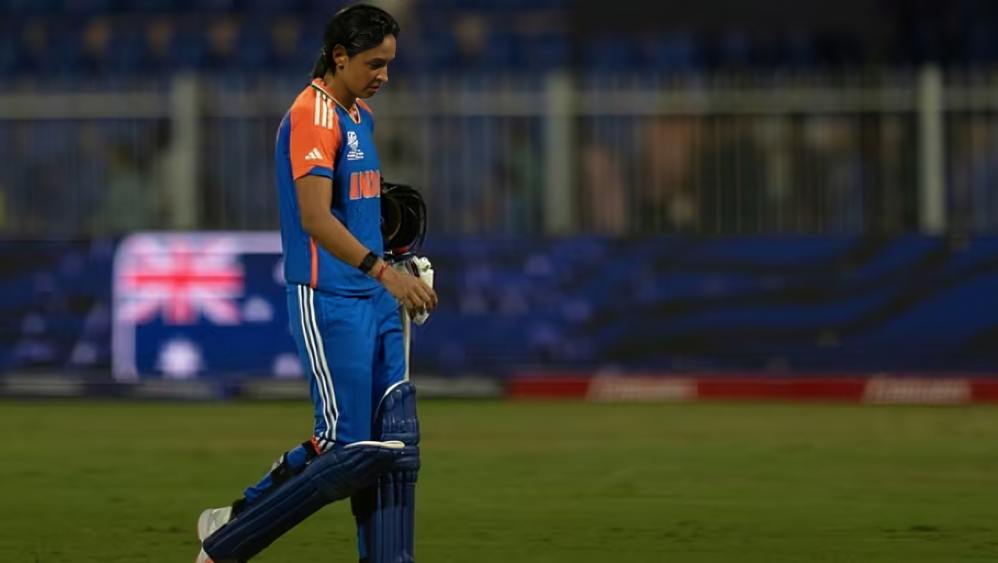3 iconic captains made selfless decisions to step aside for team success, prioritizing the team’s needs over personal form or leadership roles. These acts of sacrifice showcased a form of leadership that transcended traditional expectations, emphasizing the importance of collective success in sports over individual recognition or glory.
Table of Contents
1. Rohit Sharma’s Selfless Exclusion in Sydney

The cricketing world was stunned when, during the fifth and final Test against Australia at the Sydney Cricket Ground, Jasprit Bumrah took the toss in place of regular captain Rohit Sharma. Sharma’s decision to sit out was a rare moment that sent a powerful message about prioritizing team success over personal glory. Struggling with a modest 31 runs from five innings in the series, Sharma chose to step aside, allowing an in-form batter to take his place. This decision reflected his leadership maturity, acknowledging his personal form issues and putting the team’s needs first. It also underscored the depth and resilience of the Indian cricket team.
2. Misbah-ul-Haq’s Strategic Retreat

During the 2014 ODI series against Australia, Misbah-ul-Haq, one of Pakistan’s most revered cricketers, faced heavy criticism for his lack of contributions with the bat. Despite his calm and composed demeanor, his struggles coincided with Pakistan’s defeats in both matches. In a move that underscored his commitment to the team’s success, Misbah chose to step aside for the next game, handing the captaincy to Shahid Afridi. This decision not only provided the team with a new dynamic but also demonstrated Misbah’s willingness to prioritize the team’s needs over his personal performance and leadership role, marking a pivotal moment in his career.
3. Dinesh Chandimal’s Championship Sacrifice

One of the most dramatic instances of captaincy sacrifice came during the 2014 T20 World Cup, when Sri Lanka’s regular captain, Dinesh Chandimal, announced he would not play in the knockout matches. This decision, made during a crucial stage of the tournament, was as much about strategy as it was about form. By stepping aside, Chandimal allowed Lasith Malinga, known for his aggressive and dynamic leadership, to take charge. Malinga’s leadership proved pivotal, guiding Sri Lanka to a memorable victory over India in the final. Chandimal’s decision to lead from the sidelines played a crucial role in Sri Lanka’s historic triumph, demonstrating that true leadership often means knowing when to step aside for the greater good.
The Leadership Legacy

The stories of Rohit Sharma, Misbah-ul-Haq, and Dinesh Chandimal highlight a unique and powerful facet of leadership in sports: the courage to step back. This act of self-exclusion is not about conceding defeat, but about acknowledging one’s limitations and prioritizing the team’s success. It showcases leadership that goes beyond traditional expectations—where the true honor lies not only in leading from the front but in knowing when to allow others to step into the spotlight for the greater good of the team.













